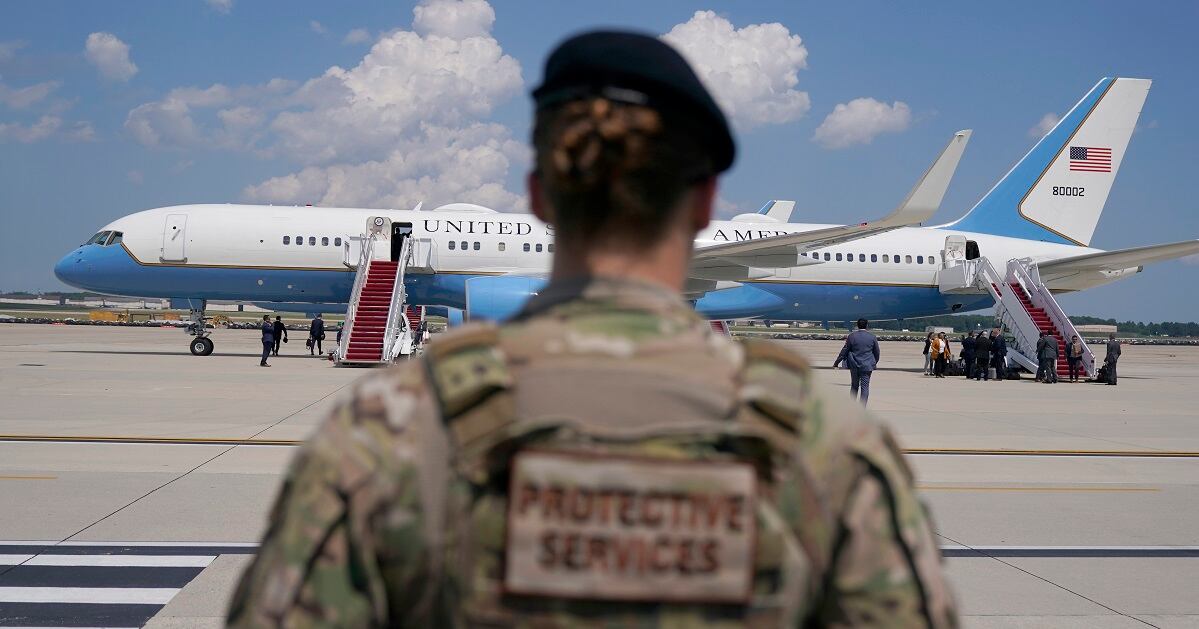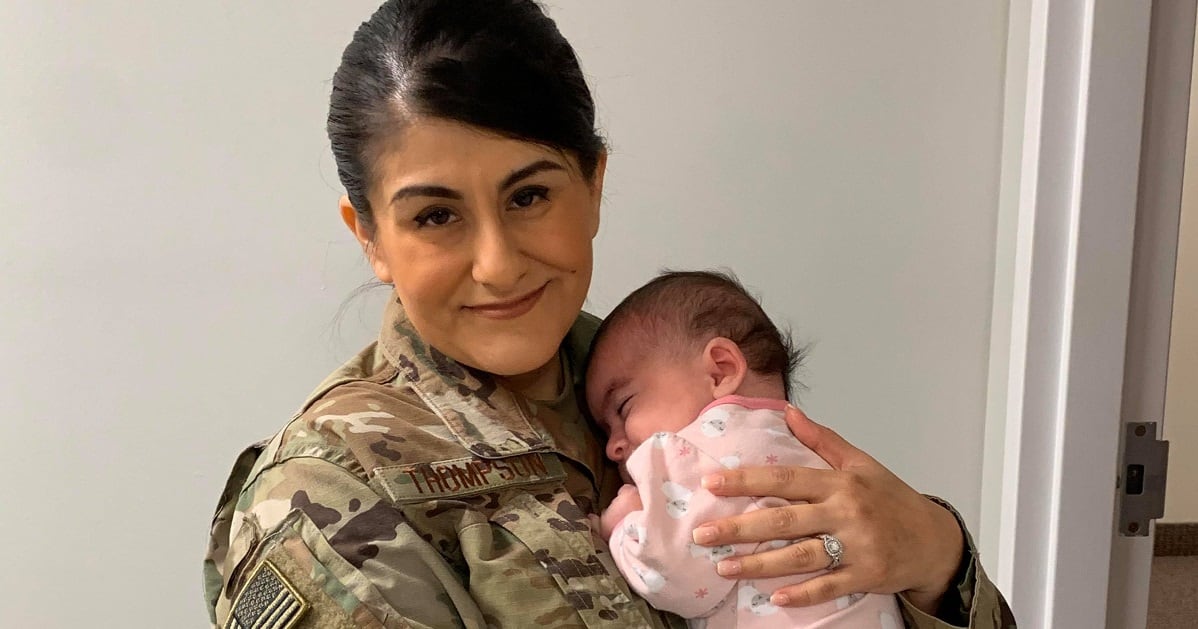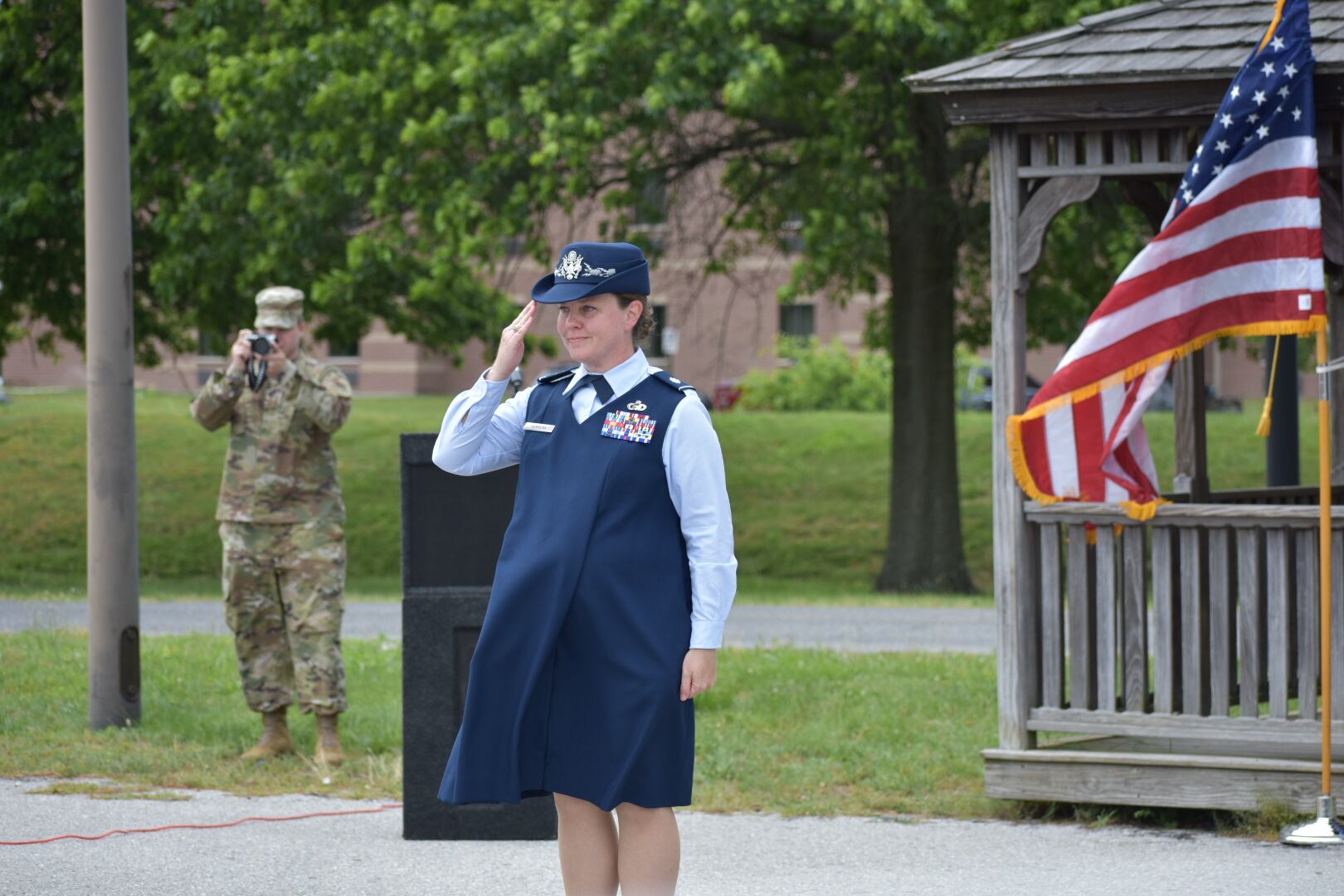ORLANDO — The Department of the Air Force has launched a wide-ranging inquiry into outdated policies that disproportionately affect airmen and guardians of one gender over another, the service’s undersecretary told reporters here March 3.
Scrapping discriminatory gender-biased rules can end certain deep-seated barriers to airmen’s success — particularly for women, whose roles in society have dramatically changed since the Air Force was founded in 1947.
Undersecretary Gina Ortiz Jones stumbled upon one such quirk while reviewing enlisted airmen’s applications to commission as officers. She noticed one woman’s paperwork indicated that the applicant had a waiver.
RELATED

“She had to get a waiver because she was pregnant,’ Jones said at the Air Force Association’s annual conference. “Why would somebody applying to be an officer need to submit a waiver just because they’re pregnant?”
Jones asked department staffers what other gender-specific policies are still in practice but may be flying under the radar. She worries those rules could stop people from pursuing certain opportunities in the Air Force, depriving the service of a broader talent pool.
Over the past two months, officials rounded up a list of issues from the field and department headquarters to look at further. They’re working with a team with representatives across multiple career fields to determine their next steps.
“What are these that need to stay on the books? What are these that need to be modified and which of these need to go away?” Jones said.
Another opportunity for change lies in international partnerships. Jones noted that the Department of the Air Force doesn’t send women to professional military education programs in one partner country that doesn’t accept female students. She declined to name the country.
RELATED

The Air Force runs intermediate and senior developmental education programs with Australia, Brazil, Canada, Chile, Colombia, France, Germany, India, Japan, South Korea, Malaysia, Norway, Pakistan, Singapore, Spain, Switzerland and the United Kingdom, according to the federally funded nonprofit think tank Rand Corp.
Jones said the department plans to talk to its foreign partners about addressing gender-related challenges that airmen and guardians face overseas.
“If the premise is that there are chalkboards that only teach male students, I don’t accept that,” Jones said. “It’s got to be about making sure we’re affording opportunities to all of our service members.”
Gender-biased policies don’t only affect women. In February, the Air Force said commanders are not allowed to decide who in an airman’s household should serve as the primary and secondary caregivers for a newborn baby or recently adopted child.
In the past, it was assumed that women would assume the main responsibility for a child, particularly if they were the one who gave birth. But the growing portion of women in the workforce, men’s larger role in parenting and the rising number of same-sex, transgender and nonbinary parents have changed that calculus.
RELATED

The decision affects how long troops can take off for childcare. Primary parents who serve in the Air Force currently receive six weeks of leave to care for a new child; secondary parents get three weeks.
An unnamed airman’s plea on social media for help getting his commander’s permission to be the primary caregiver to his infant, rather than his wife, spurred a force-wide reminder from Air Force personnel chief Lt. Gen. Brian Kelly.
“Service members are responsible for determining who the primary caregiver/secondary caregiver is and must then submit appropriate leave [requests] to their commander,” Kelly wrote in a Feb. 21 letter to airmen.
“Commanders then balance mission requirements with leave policy and guidelines and exercise appropriate discretion when approving or disapproving leave for a qualifying birth event or adoption,” he said. “”My belief is this was a one-time unfortunate incident that we should not see again going forward.”
The policy review follows an Air Force inspector general analysis that documented disparities among women and other minorities in the department.
Rachel Cohen is the editor of Air Force Times. She joined the publication as its senior reporter in March 2021. Her work has appeared in the Washington Post, the Frederick News-Post (Md.), Air and Space Forces Magazine, Inside Defense, Inside Health Policy and elsewhere.




